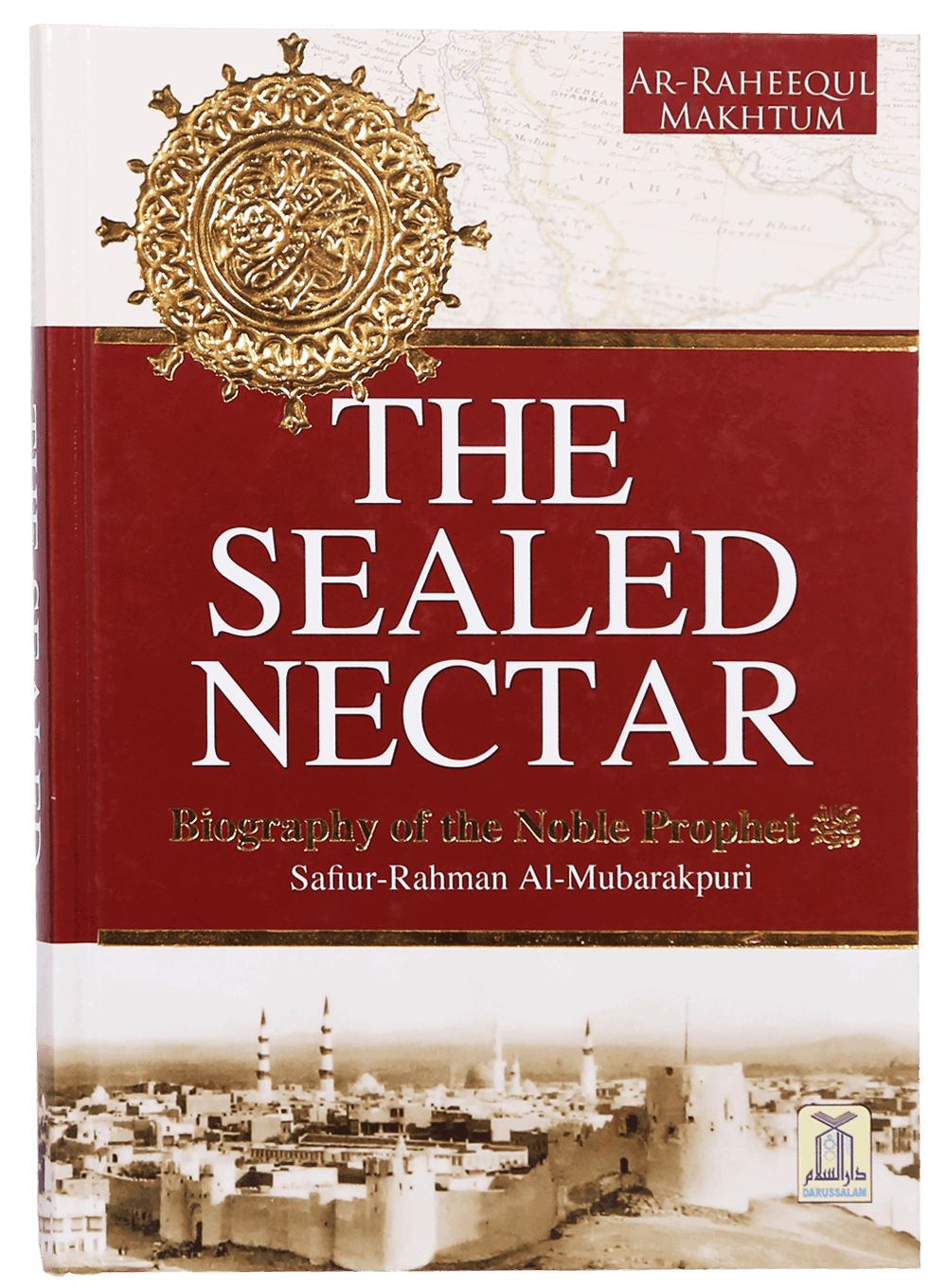Excerpts from "The Sealed Nectar"

We were talking about 'Abdul-Muttalib and we learnt upto the event of Zamzam well gushing forth water. Now, we will learn some more in this part, particularly about the Elephant raid.
The second event was that of Abrahah As-Sabah Al-Hasbashi, the Abyssinian (Ethiopian) viceroy in Yemen. He had seen that the Arabs made their pilgrimage to the Ka'bah, so he built a large church in San'a' in order to attract the Arab pilgrims to it to the exclusion of Makkah.
A man from The Kinanah tribe understood his motives, therefore he entered the church under the cover of night smearing excrement on its front wall. When Abrahah learned of this, he became enraged and led a great Army of 60000 warriors to demolish the Ka'bah. He chose the biggest elephant for himself. His army included between 9 to 13 elephants. He continued marching until he reached a place called Al-Mugmas. There, he mobilized his army and prepared his elephants to enter Makkah.
When he reached the Muhassir Valley, between Muzdalifah and Mina, the elephant knelt down and refused to go forward. Whenever they directed it to the north, south or east, the elephant moved quickly but when directed towards the Ka'bah in the west, it knelt down. Meanwhile, Allah sent birds in fight upon them, pelting them with stones of baked clay so that they became like scattered chaff. These birds were like swallows and sparrows, each carrying three stones; one in its beak and two in its claws. The stones hit Abrahah's men, cut their limbs and killed them. A large number of Abrahah's soldiers were killed in this way and the others fled helter skelter and died at other places. Abrahah himself developed an infection that required his finger tips to be cut off. When he reached San'a', he was in a miserable state and died soon after.
The Quraish fled for their lives to the hills and mountaintops. When the enemy was routed, they returned home safely.
The Elephant incident took place in the month of Al-Muharram, fifty or fifty-five days before the birth of the Prophet Muhammad Sallallahu Alaihi Wasallam which corresponded to late February or early March 571 C.E. It was a favour from Allah to his Prophet and his family. It could legitimately be regarded as a Divine auspicious sign of the light to come and accompany the advent of the Prophet and his family. In contrast, Jerusalem had suffered the atrocities of Allah's enemies. Here we can recall the reign of Bukhtanassar in 587 B.C. and the Romans in 70 C.E. The Ka'bah, by Divine Grace, never came under the hold of the Christians, who were the People of the Book of that time, although Makkah was populated by polytheists.
News of the Elephant incident reached the most distant corners of the civilized world. Abyssinia (Ethiopia) maintained strong ties with the Romans while the Persians on the other hand, were watchfull of any strategic changes looming on the socio-political horizon, and soon came to occupy Yemen. The Roman and Persian Empires made up the powerful civilized world at that time. The Elephant incident attracted the world's attention to the sanctity of Allah's House, and showed that this House has been chosen by Allah for its holiness.
It followed then if any of its People claimed prophethood, it would confirm with the outcome of the Elephant incident, and would provide a justifiable explanation for the ulterior Divine Wisdom that lay behind backing polytheists against Christians in a manner that went beyond the cause-and-effect formula.
'Abdul-Muttalib had ten sons: Al-Harith, Az-Zubair, Abu Talib, 'Abdullah, Hamzah, Abu Lahab, Al-Ghidaq, Maqwam, Safar and Al-Abbas. Some say that he had eleven sons, adding the name Qathim. Still others say that he had thirteen sons, with the additional names
'Abdul-Ka'bah and Hajlah. They add that 'Abdul-Ka' bah is the same as Al-Ghidaq, and that he did not have a son named Qathim. He also had six daughters, who were Ummul-Hakim (also called Al-Bayda'), Barrah, 'Atikah, Safiyah, Arwa and Umaimah.
Mash Allah very beautiful story of Abdul-Muttalib & thanks for this Kind information @syedubair
Downvoting a post can decrease pending rewards and make it less visible. Common reasons:
Submit
Thanks @syedubair for this great story.
Downvoting a post can decrease pending rewards and make it less visible. Common reasons:
Submit
Allah is controlled every thing of universe
Great edify story
Downvoting a post can decrease pending rewards and make it less visible. Common reasons:
Submit
nice story we don't know how many stories are being such beautiful monuments
Downvoting a post can decrease pending rewards and make it less visible. Common reasons:
Submit
It's great to read your post. The story is very interesting but very interesting
Downvoting a post can decrease pending rewards and make it less visible. Common reasons:
Submit